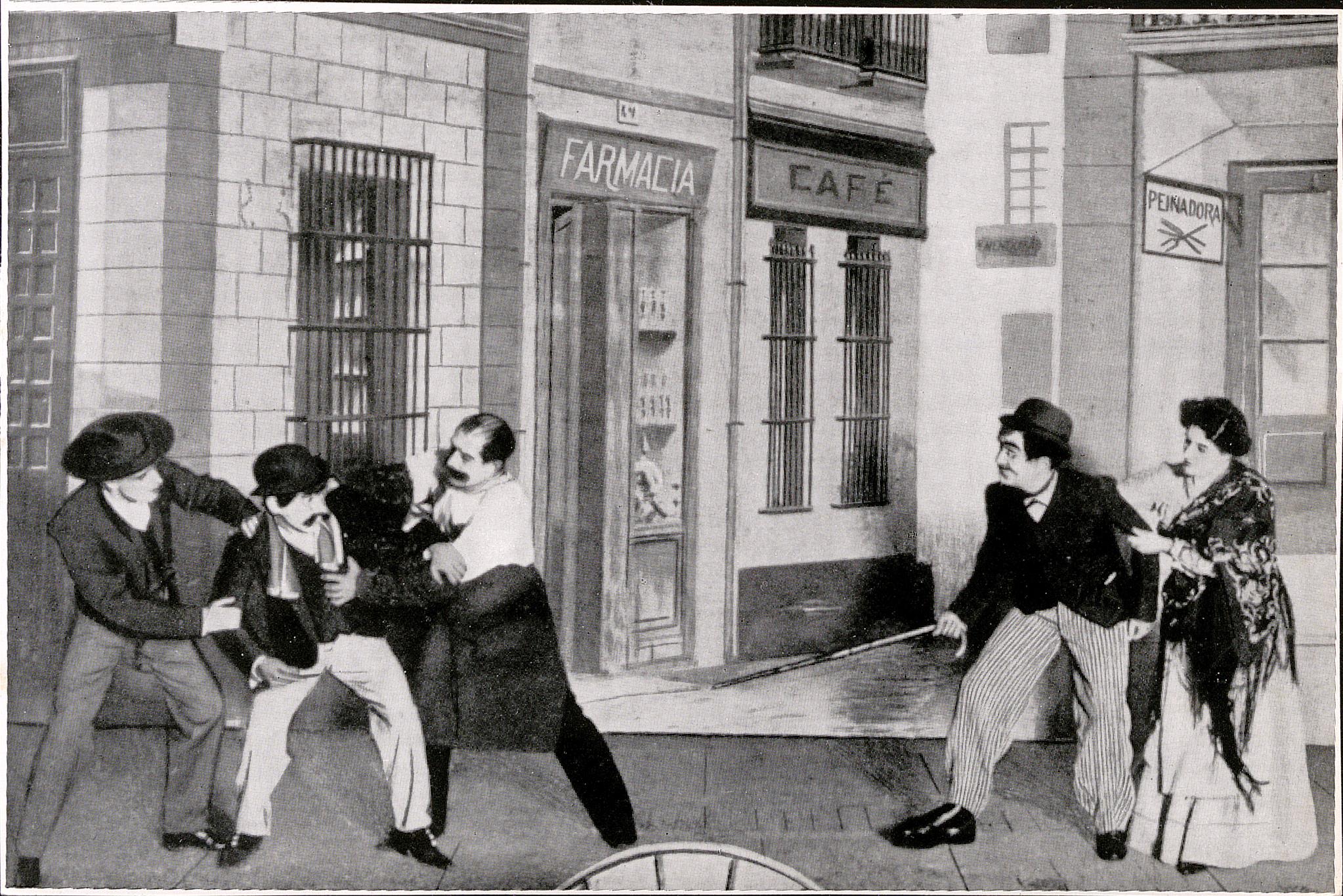Julio Cortázar: A Master of Literary Labyrinth
Julio Cortázar, an Argentine writer, emerged as a towering figure of Latin American literature. His profound and enigmatic works, spanning genres from surrealism to magical realism, invite readers into a labyrinth of literary exploration. This essay examines the complexities of Cortázar's artistry, delving into his techniques, themes, and the perspectives that have shaped his legacy.
Surrealist Roots and the Dissolution of Reality
Cortázar's literary journey can be traced to the surrealist movement. Influenced by André Breton and the likes, his works often blur the lines between the rational and the irrational. "Cronopios and Famas" (1962), a collection of short stories, presents a whimsical world where everyday objects defy their purpose, and characters embody abstract concepts.
In "Hopscotch" (1963), his most famous novel, Cortázar deconstructs the traditional narrative structure. Readers are given the freedom to choose their own path through the chapters, mirroring the protagonist's search for meaning in a fragmented world. Cortázar's fragmented narratives challenge the notion of a singular, objective reality, inviting readers to embrace the fluidity and subjectivity of experience.
Magical Realism and the Blurring of Boundaries
Magical realism, a literary genre that seamlessly blends the mundane and the extraordinary, is a hallmark of Cortázar's writing. In his stories, fantastical elements emerge from everyday life, blurring the boundaries between what is real and what is imagined.
"Blow-up" (1959), a short story later adapted into the film "Blowup," illustrates this technique. A photographer captures an image that seems to show a murder, but upon closer examination, the truth becomes uncertain. Cortázar's use of magical realism invites readers to question the nature of perception and the limits of knowledge.
Existentialism and the Search for Meaning
Amidst the surreal and the magical, Cortázar's works grapple with existentialist themes. His characters often find themselves alienated and lost in a meaningless world. In "The Instructions Manual" (1956), the protagonist navigates a bizarre and bureaucratic landscape in search of a manual for daily life.
The existentialist undercurrent in Cortázar's writing reflects his belief in the absurdity of human existence and the inherent difficulty of finding purpose and fulfillment. His characters struggle with questions of identity, freedom, and the ephemeral nature of life.
Critical Perspectives and the Legacy of Cortázar
Cortázar's complex and multifaceted works have garnered both acclaim and controversy. Critics have praised his innovative techniques and the depth of his philosophical inquiry. However, some have criticized his tendency toward ambiguity and open-endedness.
Despite these differing perspectives, Cortázar's influence on world literature is undeniable. His surrealist and magical realist style has inspired generations of writers and artists. His work continues to provoke thought, challenge conventions, and resonate with readers around the globe.
Conclusion: A Literary Enigma and Enduring Masterpiece
Julio Cortázar's literary labyrinth offers a transformative experience, inviting readers to explore the intricacies of reality, the search for meaning, and the limits of human understanding. His surrealist roots, magical realist techniques, and existentialist themes combine to create a unique and captivating body of work that continues to fascinate and inspire.
Cortázar's legacy extends beyond his individual works. He has become an emblem of literary experimentation and a pioneer of Latin American literature on the world stage. His influence can be seen in the works of countless writers who have followed in his footsteps, eager to explore the boundaries of imagination and the human condition.
Miss World Winners: 71 Years Of Crowning Champions From Kiki Håkansson To Karolina Pyszková
Theodore Roosevelt: The Progressive President Who Shaped Modern America
Sayuri Yoshinaga: The Actress Who Shaped Japanese Cinema’s Golden Age



